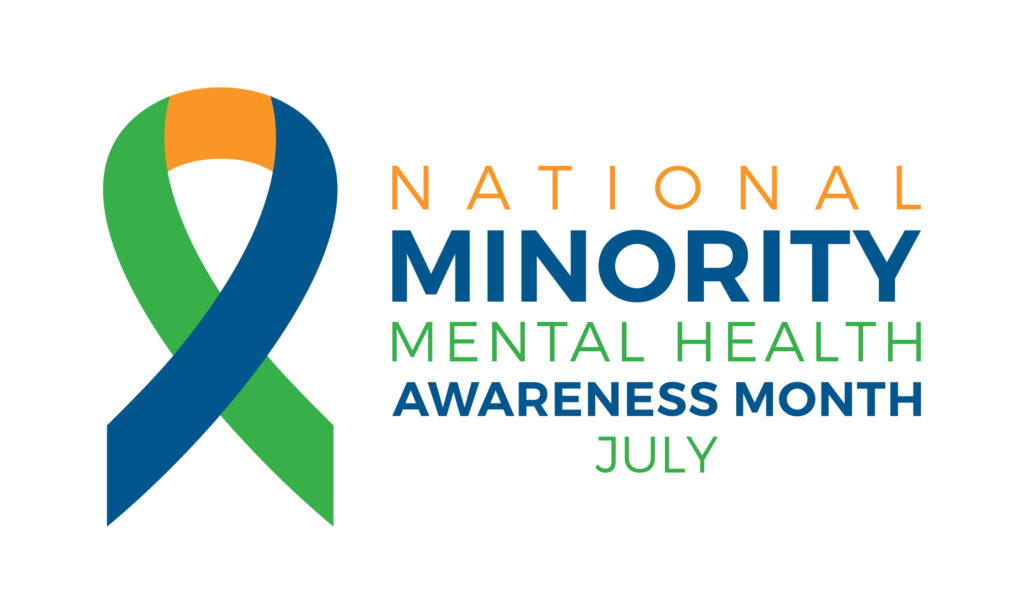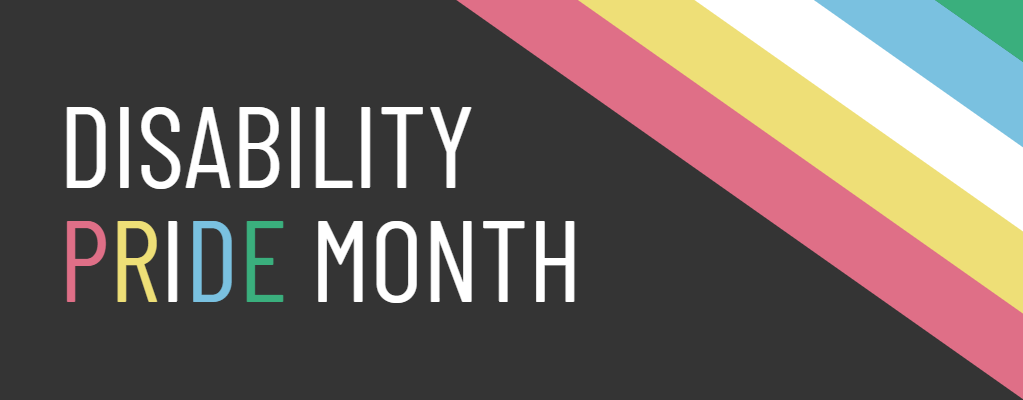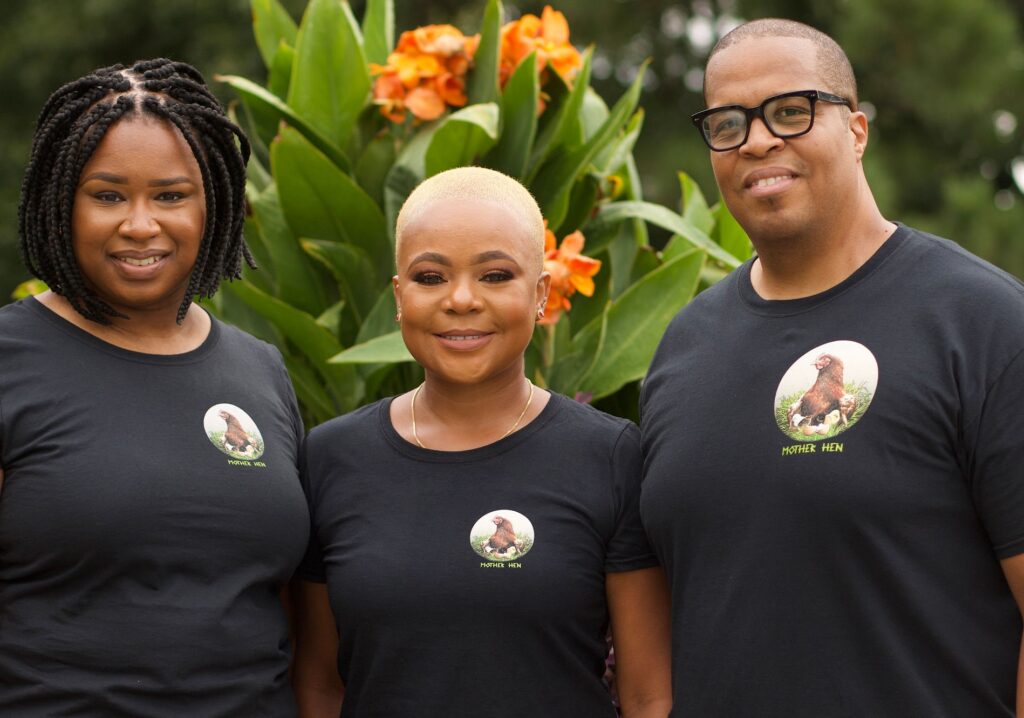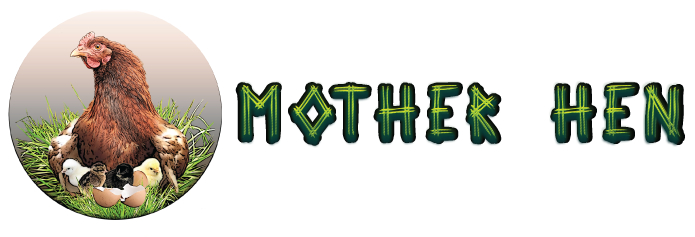Issue: July 2024 Part 1
Social Culture
Being a parent is hard work. This is especially when your teachings and lessons are not the only avenues for your children to learn. Also, there will inevitably be new situations your child encounters in which they may be unsure of how to navigate. As such, we decided to do a series on Social Culture. Here you will be able to find tips to help you maneuver the world inside and outside of your home. We would love to hear how these tools and tips are working for you once you have implemented them (info@2motherhens.com).
**Consistency is one of the most important aspects of effective parenting**
Welcome to the second installment of the SOCIAL CULTURE series:
Interracial Parenting Part 2
As we continue to discuss interracial parenting, it is so important to get a firsthand look at different family members’ experiences. It’s also a great way for each of us to evaluate how we interact with others when we aren’t sure of their ethnic origins and the biases/ignorance we potentially convey. As a biracial/multiracial child, navigating the social construct looks different for them with, most times, no personal guidance due to neither of their parents sharing their unique racial identity. Even when a parent does share a racial identity of being biracial/multiracial, skin tone can also play a part in differentiating the child’s from the parent’s experience.
Within this newsletter we will share various excerpts from children representing multiple homes who shared their experiences growing up with a multiracial background:
“There’s an occasional disconnect between me and my mom. She’s also mixed but looks white. While she didn’t have answers or advice for me when I was a child, she gave me examples to avoid internalizing things. She often cited the song ‘Carefully Taught’ and showed me old movies that involved similar situations and stereotypes. I can tell she feels at a loss for words when she’s treated better than I am in some places, but depending on the situation, we’ve learned to vouch for each other — something we shouldn’t have to do in the first place. Now I’m in an interracial marriage. When people meet my husband before me, they’re always surprised to learn that I’m of a different background. (He’s from the South, and some have ideas about him.) My heart fills with pride when he answers my questions in Spanish, somehow vouching for and validating me in a space I’m not always welcomed in.”
Being aware of what biracial/multiracial children face is a huge start. Also, realizing that the social constructs first begin with their immediate and extended family. However, at times, the extended family is not as accepting and loving as you’d hope they would be. A Pew study (2015) found that 21% of biracial adults who are White and Black say they have been treated badly by a relative because of their racial background. This also consists of one side of the family treating the child’s other parent poorly.
“Your kids will notice if your spouse’s family mistreats you or is racist. My dad immigrated to the US as a teenager and immediately joined the military to fast-track his citizenship. He met my mom through a friend, and the rest is history. He was the first in his family to marry outside of his race and the second to reject an arranged marriage. His parents were furious with him and took it out on my mom for most of my childhood. My aunts and uncles were no better, constantly sniping at my mom about her weight or talking about her in Hindi when she was in the same room. They were not unkind to us kids, but it affects you when you see someone making your mom cry and no one is doing anything about it.”
—Liz, 38
“One thing I don’t see people talk about much is having completely different experiences from your siblings. You can look completely different from them and witness how it impacts your lives as you grow older. It can forge your bond or create resentment. For me, it has done both. I have good relationships with both of my siblings today. Still, I’ve had several conversations with my white-passing, heterosexual brother about why he might not understand certain things. Each of you might closely identify with one ethnicity or culture more than the other. I think our differences make us unique and stronger, but I say that now as an adult. When we were growing up, it was sometimes tough to relate to your own family, while at the same time not.”
As discussed in the last newsletter, eventually, the world outside of their family and home will attempt to label multiracial/biracial children into a racial construct that they see fit. This can lead to the child feeling like the “other” or “not being enough” even if they try to adhere to a singular racial group because it is highlighting only pieces of who they are.
“I was born to a Black dad and a white mom and grew up in a predominantly white town. When I was young, my parents split up, and my mom remarried a white man. On the playground, kids who hadn’t seen my dad often told me I must have been adopted. From a young age, I had to explain my heritage, my parents’ divorce, etc., to help others understand how I fit into their worldview. Despite being equally white, I was only referred to as Black — something I always found odd, as though society would never see me as equal. I automatically felt less than because Blackness is seen as less than and used as a label. I even had a white guy tell me he ‘couldn’t bring a Black girl home to his family’ when I was in university.”
“I’ve also had people debate, in front of me, how to describe ‘what’ I am. They would throw around terms like ‘Black,’ ‘white,’ ‘brown,’ ‘mulatto,’ ‘mixed,’ ‘colored,’ etc. I didn’t think it mattered then, and I still don’t. People would also comment on and try to touch my hair and remark on how ‘mixed kids are so beautiful.’
—Anonymous
“The whole thing just makes me feel uncomfortable and a bit awkward. It raises so many contradictions because, on the one hand, I feel proud to be called beautiful, but on the other, I know I’m still viewed as less than and not good enough.”
—Anonymous
“My dad is Black and Native American, and my mom is white. My two sisters and I have tan skin, brown eyes, and dark hair. However, we all have different hair types, ranging from straight to curly. I was 15 when I finally figured out how to do my hair. In middle school, I had an identity crisis. The white kids kind of accepted me but would make racist jokes. Some of them were also bullies. On the other hand, the Black kids didn’t accept me unless I talked and acted like them. When I finally broke away and started hanging out with nice girls, I was happy.”
“From a very young age, I learned to try to blend in because we always stuck out. I was also very resentful of my Indian heritage because it made me feel so ‘other’ rather than making me feel that I belonged. I wouldn’t change my parents, but I wish I could be one race to belong somewhere. It’s exhausting to explain how I exist whenever people ask, ‘What are you?’ Refusing to engage only prompts more questions. I then feel conflicted about how to raise my kids. They’re white, German, Japanese, and Indian but present as white. Do I teach them about our various heritages, though they caused me pain? Is it appropriate if they celebrate Diwali, since they look white? Is it disrespectful to let them pass so their lives will be less difficult? Is that cheating them of important experiences? Are we at a point in society where race is more than just fitting into a box on a government form? Am I destined to belong anywhere?”
As depicted within the foregoing excerpts, it is very evident that how these children were viewed and treated by others stuck with them and left an indelible mark on their psyche and how they viewed themselves and function within society.
References:
- “My Grandma Said, “Thank God You Came Out Closer To You Dad’s Complexion’”: 32 Mixed-Race People Get Candid About Their Experiences Growing Uphttps://www.buzzfeed.com/victoriavouloumanos/mixed-race-people-share-family-experiences
- Chapter 5: Race and Social Connections—Friends, Family and Neighborhoodshttps://www.pewresearch.org/social-trends/2015/06/11/chapter-5-race-and-social-connections-friends-family-and-neighborhoods/


We Are Celebrating
National Minority Mental Health Awareness Month! and Disability Pride Month
If you are in need of support don’t be afraid to reach out. Remember, we are all in this together!
If you are suicidal or in emotional distress, consider using the 988 Suicide & Crisis Lifeline. Call or text 988 or chat online to connect with a trained crisis counselor. The Lifeline provides 24-hour, confidential support to anyone in suicidal crisis or emotional distress.

For those of our subscribers who find themselves in need and financially challenged, please be sure to reach out to us so that we can be of assistance.
Donations
Mother Hen is passionately committed to lending a helping hand to the underserved within the communities we serve. We are appreciative of any and all donations provided here. These donations will be used in entirety to provide services for underserved families as well as fulfill other specific outreach needs.
Outreach Initiatives:
- Community If your business would like to become a corporate sponsor and join us in supporting the community, please contact us directly.
- Family ServicesYour family service donation will directly help a family receive professional parental coaching sessions or services in navigating the school system to get the proper accommodations for their child to succeed academically.
- Corporate SponsorIf your business would like to become a corporate sponsor and join us in supporting the community, please contact us directly.
